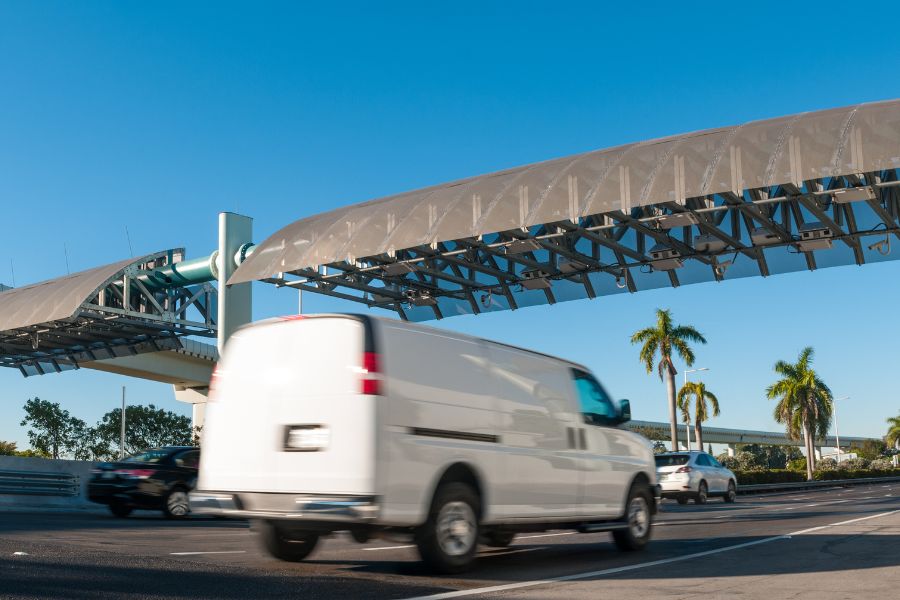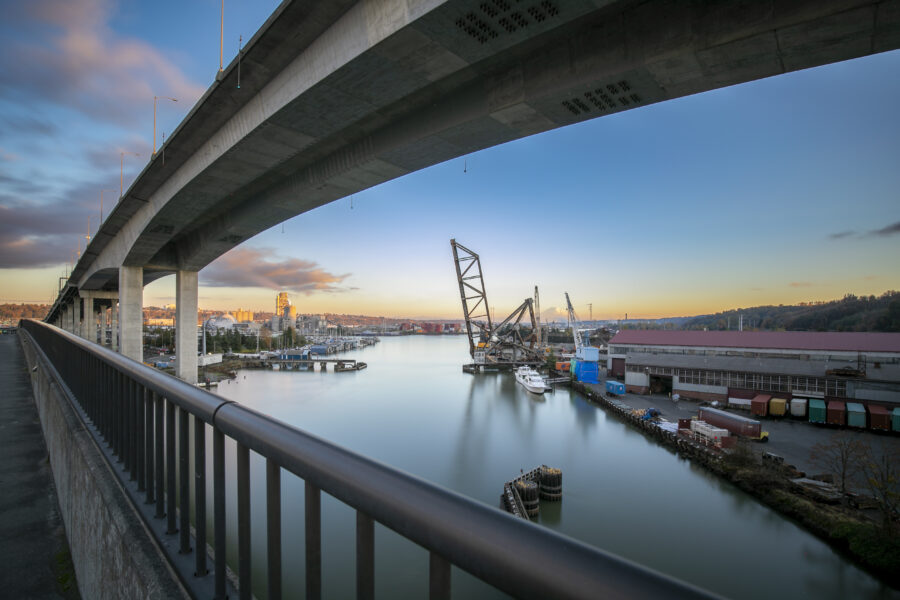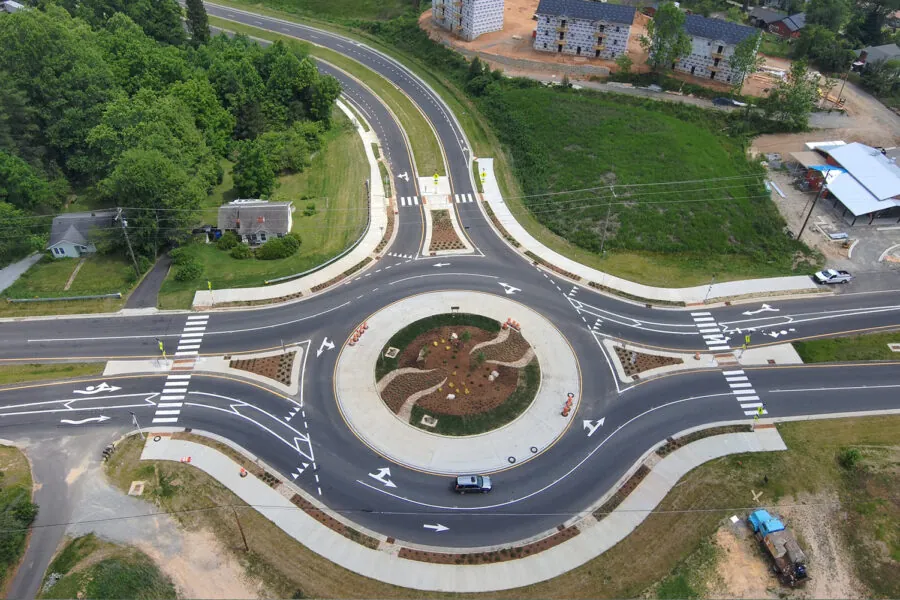3 Key Lessons for Tolling Agencies During an Unpredictable Economy

In the coronavirus era, we can take lessons learned from past situations, like the Great Recession, to inform our current adaptation strategies within the tolling industry. While the climate may be dissimilar in some areas – around impacts of countrywide shutdowns – key lessons can still be applied to overcome, and even thrive, in the face of economic challenges.
Lesson 1: Identify Cashflow Availability
Agencies must keep operational efficiency at a maximum by identifying potential areas of increased cashflow. It’s imperative that agencies reduce everyday costs, understanding that with fewer drivers on the road, cosmetic changes should not be as highly prioritized as they once were. Often, there are opportunities for streamlining operations costs as well, like the conversion from cash collection at toll booths to all-electronic payment.
Resources should be dedicated to identifying these extraneous costs – an essential task for maintaining efficiency throughout the length of a downturn, and for guarding against future damaging emergency situations.
Lesson 2: Act Quickly with Innovations
One model of innovation brought on by the pandemic was the near-overnight switch to cashless payment. While previously a consideration, many tolling leaders were hesitant to implement the technology for a myriad of reasons – including concerns for safety and the potential job loss as a result.
The key lesson here: cashless is not the only option to leverage available technology. The opportunity for automation, instantaneous data application, and more should be taken advantage of now. Leveraging advanced technologies often comes with significant cost-reduction in the long-term, making it a valuable option for agencies looking to weather the downturn strategically.
Lesson 3: Predict to Overcome Future Challenges
While the immediate need for congestion pricing has lessened in the current climate, a look ahead is still vital to managing future congestion. Experts predict that as restrictions lessen and drivers eventually return to the road, we may face similar or even higher levels of traffic congestion – something that we can mitigate by planning for now.
With ride-sharing and public transportation less encouraged options in a post-pandemic world, insights suggest a strong need to reevaluate the future of traffic. And, by getting ahead of these future challenges, agencies have an increased chance to recover from the revenue losses during this period.
Moving Forward to Adapt
To succeed through this downturn, agencies must consider streamlining operations to optimize their future opportunities. Tolling agencies are unique in that they can operate as a business. This means that while funding isn’t necessarily an option, acting independently is. Cutting back on specific areas and tightening the budget to sustain the business is well within the realm of what is doable, and these actions are essential to overcoming unpredictable economic challenges.
To learn how RS&H can help your tolling agency mitigate the effects of COVID-19, contact Mike Davis at Michael.Davis2@rsandh.com.




